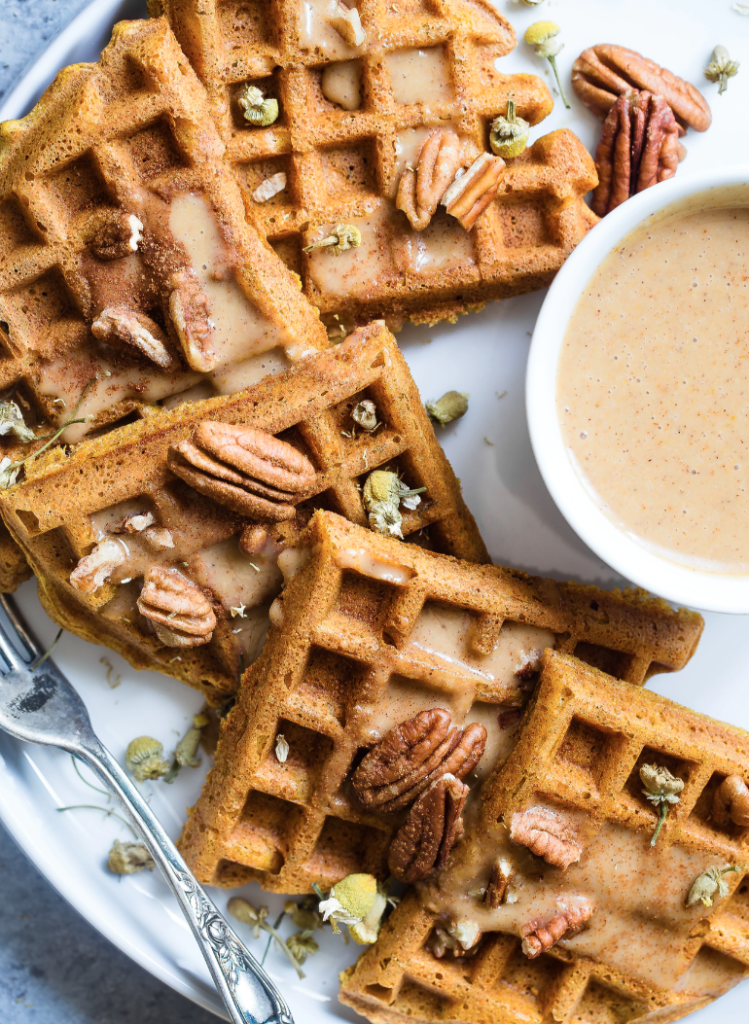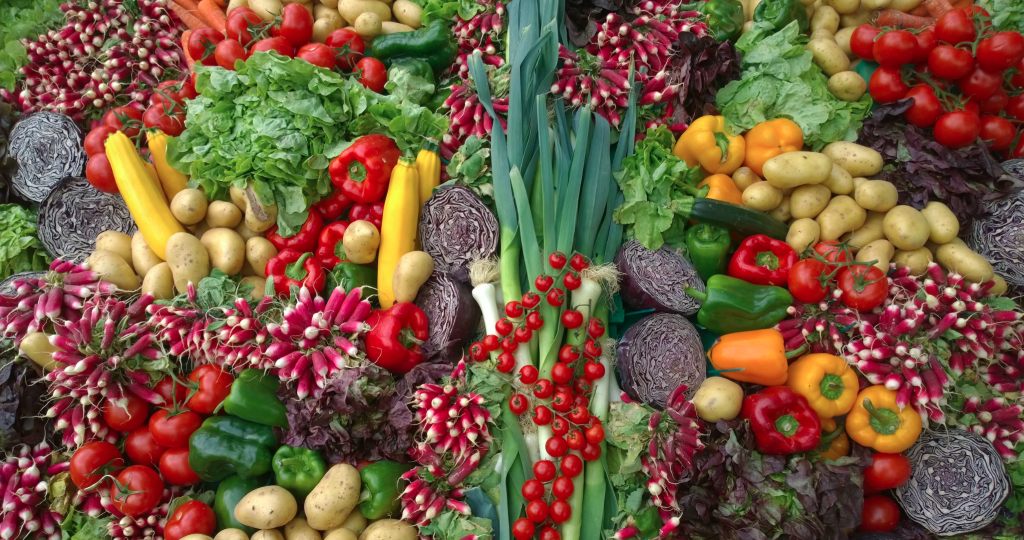Physical Address
304 North Cardinal St.
Dorchester Center, MA 02124
Physical Address
304 North Cardinal St.
Dorchester Center, MA 02124
Have you ever questioned whether a vegan or plant-based diet could aid in weight management and the treatment of any persistent health issues? That is the assurance frequently given in relation to this fashion.
However, there is less discussion of the potential health risks associated with a strict vegan diet that forbids the use of any animal products. The eight arguments in this article may eliminate the fallacy that veganism is the healthiest diet and suitable for everyone.
I’ve also included some advice on how to mitigate these possible health hazards of a vegan diet.
Describe the vegan diet. Simply put, it’s one that forbids the consumption of any animal products. Eggs, dairy, meat, fish, poultry, and even honey fall under this category.
Some people go beyond following a vegan diet and adopt it as a lifestyle, refusing to wear or use any apparel or personal care items made with animal products.
A diet that places more of an emphasis on whole grains, legumes, nuts, and seeds while consuming fewer processed foods is known as a “whole foods, plant-based diet.” Paleo diets are thought to be a plant-based approach, although they do incorporate animal products, so even that phrase can be confusing.

Please note that the goal of this essay is not to discount any of the advantages of consuming more plant-based meals, but rather to present evidence that shows what can happen when a vegan diet is overdone and warning signs are disregarded.
1. Leaky gut risk can be increased by sources of legume protein.
People who follow a vegan diet frequently use beans as a source of plant-based protein as a vegan diet forbids the consumption of any animal products, including meat, fish, eggs, and dairy. Legumes include significant amounts of lectins and phytates, two antinutrients that can cause intestinal permeability, often known as leaky gut.
On the other hand, animal protein sources are among the richest sources of foods for human nutrition and do not contain anti-nutrients.
Increasing foods with natural probiotics, including tempeh, sauerkraut, fermented pickles, and others, may be one strategy to mitigate the possible impacts of anti-nutrients. Probiotic intake may be increased to enhance overall gut health.
2. Soy protein sources may result in hormone disturbance and increased consumption of heavy metals.
Again, as a result of eliminating all animal protein, soy is a common protein source among vegans. While unprocessed soy products may be suitable for certain individuals, processed soy products, such as tofu, soy milk, and soy-based processed foods marketed as meat alternatives, are frequently included in a vegan diet.
You might think about eating fermented soy sources like tempeh or limiting your soy intake to a few times per week to help offset or avoid any negative effects from consuming too much soy. A source of GMOs in the diet, non-organic soy may also be something you want to stay away from.
If you do decide to eat soy, try cooking healthful recipes rather than purchasing processed varieties. I think my Air Fryer Tofu is a fantastic alternative.
3. A deficiency of heme iron increases the risk of anemia.
The most prevalent nutritional deficit in the world is iron-deficient anemia, which both vegans and vegetarians are more likely to develop. Although non-heme iron is present in plant foods, it is far less readily absorbed by the body than heme iron.
While iron supplements can be used to treat or prevent anemia, most women find them unpleasant due to possible side effects like constipation. It might be challenging to consume enough iron supplements to treat anemia, particularly if you don’t consume animal sources of iron.
You might also think about including protein from crickets in your diet.
If you are a woman of childbearing age, it is crucial to have your ferritin levels checked on a regular basis to make sure you don’t develop anemia while following a plant-based diet. To order lab tests without a doctor, see my article.

4. Low consumption of omega-3 fatty acids is associated with an increased risk of depression
If you start to experience signs of depression or anxiety, you should have your blood tested for omega-3 fatty acids and keep track of the results. If you suspect you may be depressed, please do not wait to seek medical attention since you do not want the symptoms to worsen.
You can utilize algae-based omega-3 supplements to assist raise your levels after having your levels checked. In the worst-case scenario, you can think about taking a fish oil supplement to balance your levels.
5. Vitamin B12 insufficiency risk
A genetic mutation called MTHFR, which is present in many people, can affect how well B vitamins are absorbed. In this situation, supplementing with specific B vitamins might not be sufficient to stave off a deficiency.
Explore the finest MTHFR diet and supplements by reading more.
Ask your doctor for a vitamin B12 test if you have any doubts about whether you are consuming enough vitamin B12 in your diet.
If you are found to be deficient in vitamin B12, you may need to have an injection or utilize sublingual pills in addition to having your levels checked on a regular basis.
6. Restrictions on the intake of zinc when eating a vegan or vegetarian diet
Similar to vitamin B12, low zinc levels can be brought on by vegan and vegetarian diets. The issue in this instance is thought to be related to increased consumption of plant foods high in phytic acid, which may prevent the body from absorbing zinc.
Nutritionists frequently advise vegans and vegetarians to boost their intake of zinc up to 50% of the recommended daily requirement to guarantee adequate levels due to this potential problem with zinc absorption.
Making sure you consume adequate zinc-rich food sources or taking a zinc supplement is critical for maintaining healthy zinc levels, which are crucial for enhancing the immune system.
For more information you can click: